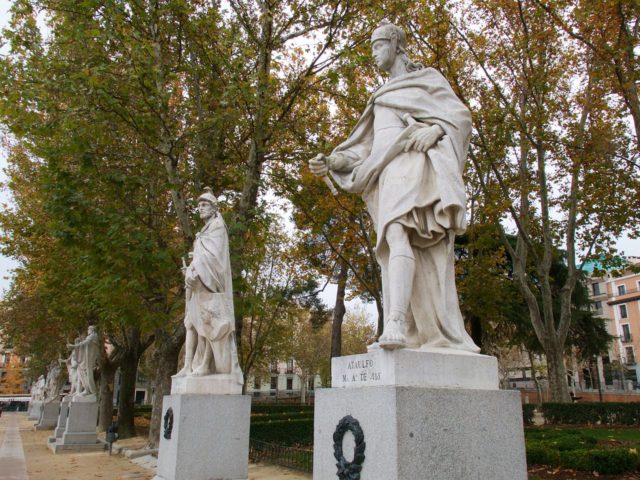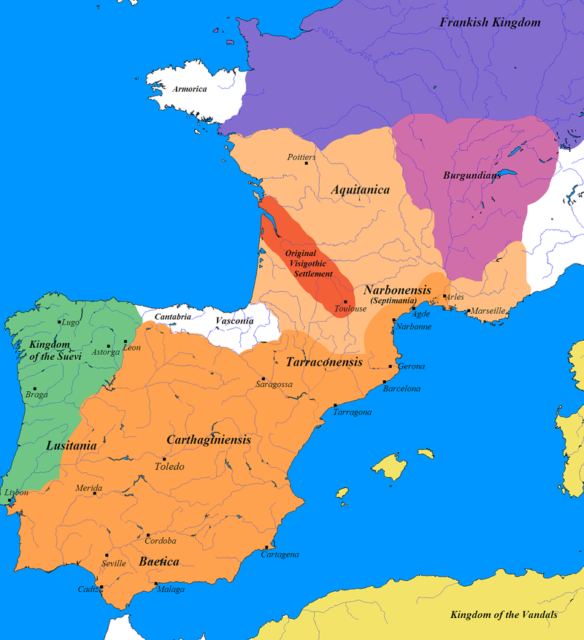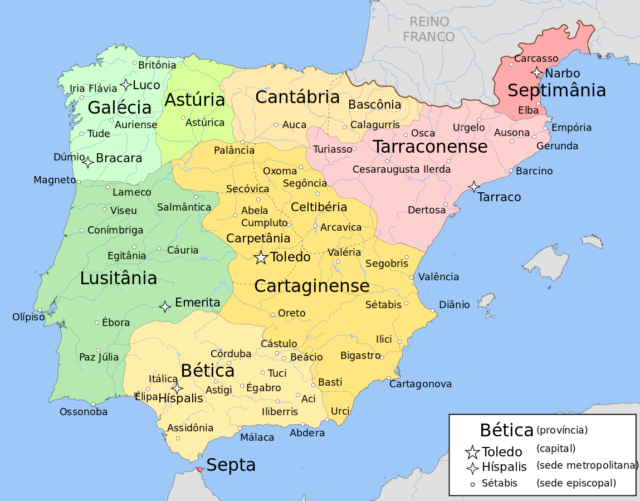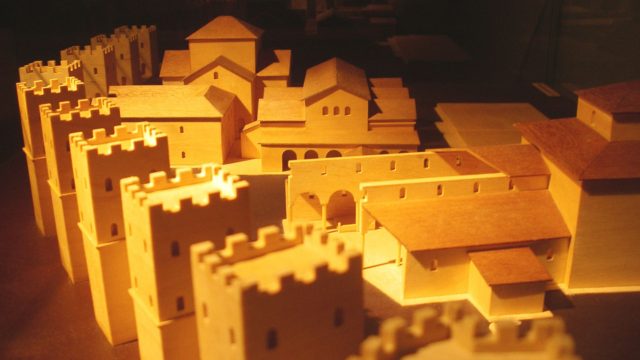Childhood
Four years after sacking Rome, forced by the Imperial troops who first push them out of Italy and then out of Southern Gaul, the Visigoths, led by Alaric’s successor Athaulf, reach Tarraconensis in 414 AD. Athaulf established his short-lived court in Barcino and not Tarraco, a choice that underlined the increasing importance or the potential the Visigoths recognized in the town of Barcino. After Athaulf’s assassination in 415 AD the Visigoths became allies with the Romans, charged with the control of all the other Germanic tribes that had invaded Hispania.


After succeeding in their task & signing a treaty with the Roman Empire the Visigoths expanded their dominance to the east and moved their capital in Tolosa (Toulouse today) in 417 AD. By the year 500 AD the Visigoths were the masters of the whole Iberian Peninsula except a small part in the northwest, more specifically North Aquitania.
Barcino continued to play a role as a provincial center, mainly because of its strong fortifications. In 507 AD the Visigoths were defeated by the Franks and were forced to cede most of their Gallic territories along with their capital, keeping only Septimania in the South with Barcino becoming the capital of the constantly moving Visigoths who finally left Barcino for Toledo which became the capital of their kingdom.
Although the city ceased to be the power-base of Visigoth Kings, it remained important through its Episcopal power with the completion of two General Synods at the Bishop’s Palace (located next to the Basilica and the Baptistery where today’s cathedral is located) in 500 & 540 AD. Barcino also played an important economic role for the Visigothic Kingdom by being the city where the taxes from Tarraco, Gerunda (Girona today) & Empúries were collected. Barcino even minted its very own coins for a short period of time. These two components, religious & economic life were the ones that re-morphed the former military camp of Roman Barcino into the medieval Barchinona.
8th century began with the worst possible conditions for the Visigoth Kingdom. Battles between different factions of nobles, economic & natural disasters & finally an all out civil war that broke out in 710 devastated their kingdom. The Moorish forces were called upon from the opposite coast of the Mediterranean sea to the Iberian Peninsula to help one of the two fighting parties.



